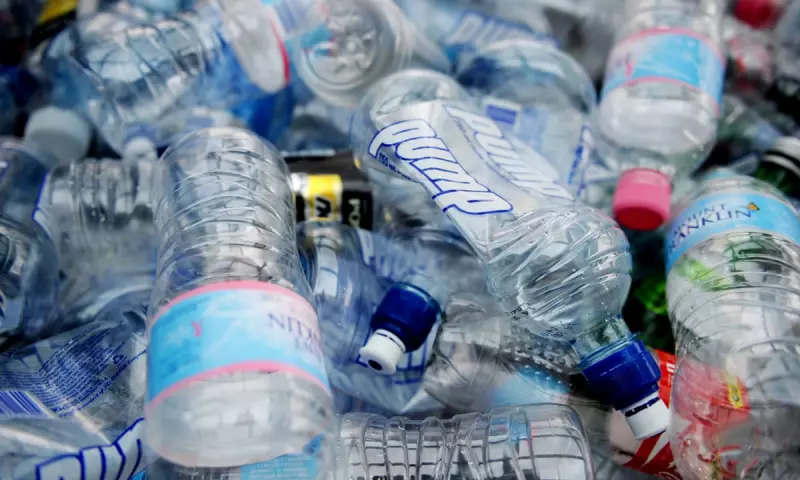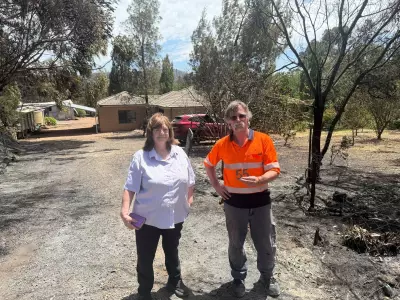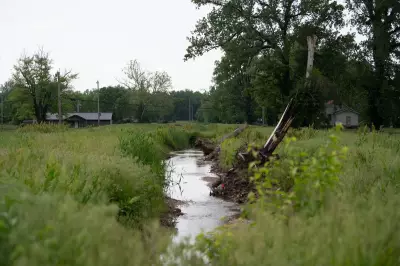
Australia is facing a mounting environmental emergency as new figures reveal a dramatic surge in plastic waste, while recycling rates remain stubbornly stagnant. The nation's consumption of plastic has skyrocketed, outpacing its ability to manage the resulting waste and creating a crisis that experts say demands immediate government intervention.
Alarming surge in plastic consumption
Recent data paints a troubling picture: Australia's plastic waste has ballooned by an alarming 18% in just two years. This surge is largely driven by increased consumption of single-use plastics and packaging, with the nation generating millions of tonnes of plastic waste annually. Despite public commitments to sustainability, the figures suggest Australia is moving backward in its environmental efforts.
Recycling rates hit frustrating plateau
Perhaps most concerning is the complete lack of progress in recycling effectiveness. National recycling rates have failed to improve, stagnating at concerningly low levels that experts describe as "wholly inadequate." The gap between waste produced and materials successfully recycled is widening at an accelerating pace, creating what environmental analysts are calling a "recycling failure."
Systemic failures and missed opportunities
The crisis stems from multiple systemic failures, including inadequate recycling infrastructure, confusing waste management policies, and insufficient investment in circular economy solutions. Many recycling facilities operate at limited capacity, while much of Australia's plastic waste continues to be shipped overseas rather than processed domestically.
Environmental consequences mounting
The environmental impact of this growing waste mountain is increasingly visible. Plastic pollution is affecting Australia's iconic natural landscapes, from coastal areas to inland regions. Marine ecosystems are particularly vulnerable, with plastic waste threatening wildlife and contaminating waterways. The carbon footprint of producing and managing this waste also contributes significantly to Australia's greenhouse gas emissions.
Calls for urgent policy action
Environmental groups and policy experts are demanding immediate government action, including stronger regulations on plastic production, increased investment in recycling infrastructure, and clearer national standards for waste management. Many are calling for extended producer responsibility schemes that would make manufacturers accountable for the entire lifecycle of their plastic products.
The situation represents a critical test for Australia's environmental policy commitments. Without significant intervention, experts warn the plastic waste crisis will continue to escalate, with serious consequences for both the environment and public health.





